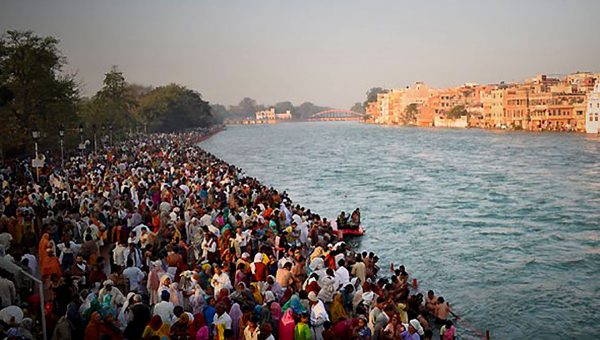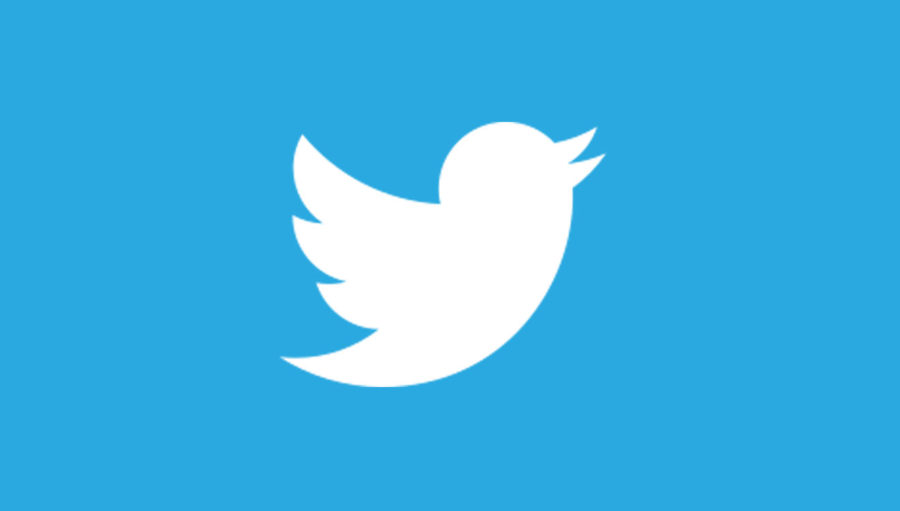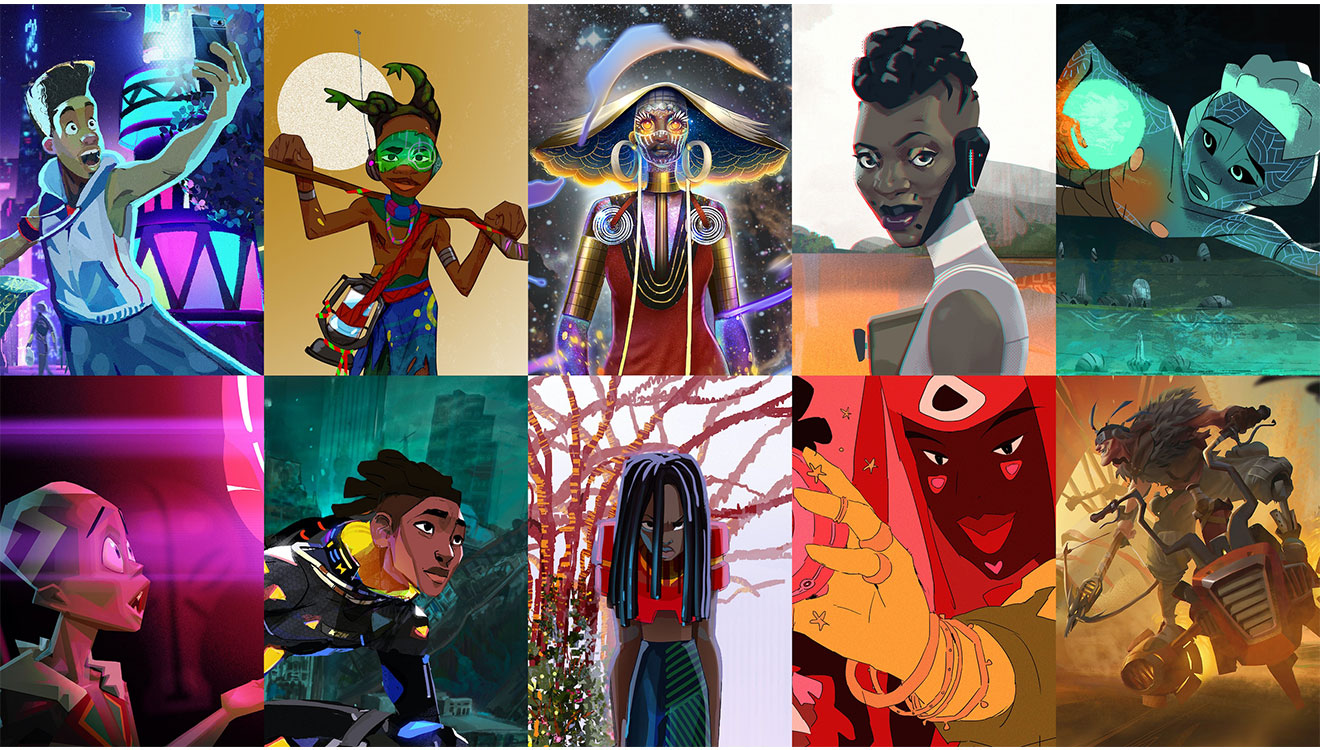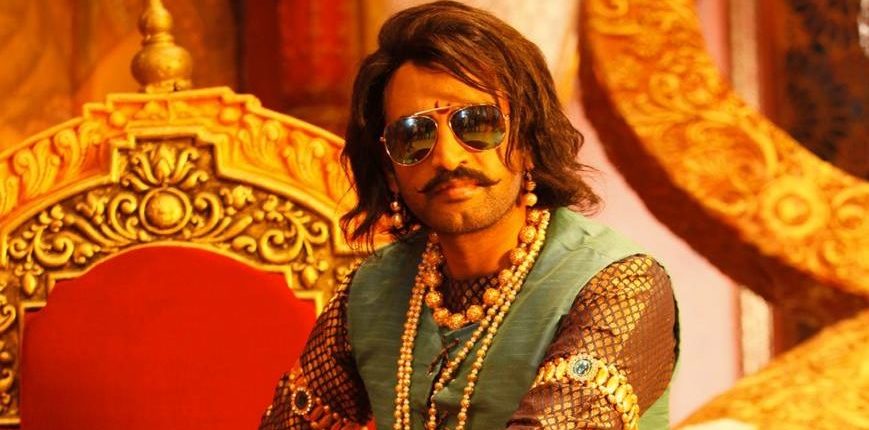A Special Leave Petition has been filed before the Supreme Court seeking investigation by the Central Bureau of Investigation (CBI) or the Nation Investigation Agency (NIA) into the hate messages that circulated on Twitter during the coronavirus pandemic in 2020, Live Law reported.
The petitioner, advocate Khaja Aijazuddin, moved the Supreme Court to appeal the special plea against the orders passed by the Telangana High Court on April 22 directing the Centre to file a criminal case against the microblogging site and its users who spread “Islamophobia”. The high court also directed the petitioner to move the apex court for “partial relief” in the matter.
When the first wave of the Covid-19 pandemic hit India in March 2020, a religious congregation was held from March 13 to 15 at Nizamuddin, Delhi organised by Tablighi Jamaat, which was attended by several scholars from across the country as well as the world.
According to the petition, sometime after the meeting, around March 20, there was a huge spike in coronavirus cases that led to a nationwide lockdown, the “Janata curfew” on March 22.
Eventually, positive cases were detected among the attendees who flew in from outside the country, connecting to the Tablighi Jamaat after they dispersed on April 4 and reached their states, and as per the norms, Telangana quarantined them.
Following the “massive publicity given by the media that many of the positive cases of symptoms of coronavirus were found from Tablighi Jamaat at Nizamuddin, Delhi,” Twitter started seeing an influx of tweets that connected Islam and Muslims to the spread of the virus.
Hashtags trended by the microblogging site’s users included #Islamiccoronavirusjihad, #Nizamuddinidiots, #Coronajihad, #TabIighijamat, and #TablighiJamatVirus.
Upon failing to get any response to multiple notices sent to the Cabinet Secretary, Home Secretary, Director General of Police, Commissioner of Police and Twitter Inc, the petitioner moved the High Court seeking First Information Report against the microblogging site and its users who circulated such tweets.
Despite the Telangana High Court’s direction to the Central government to consider the plea seeking FIR, there was no response from the Centre or Twitter Inc.
Tablighi Jamaat vs Kumbh Mela

Photo Source: Edson Walker from Traveling in North of Africa Licensed Under CCA 2.0 Generic
Whereas, exactly a year later, when the second wave of the coronavirus pandemic severely hit the country, crumbling its healthcare system and leaving thousands dead, Twitter India removed tweets criticising the Central government for the mismanagement of the second wave. The Central government had directed Twitter to take action on the grounds that the specified tweets violated India’s IT Act 2000.
One among the deleted tweets was that from Pawan Khera, the national spokesperson of the Congress, which criticised the Centre for allowing the Kumbh Mela mass gathering in Uttarakhand.
Khera’s tweet questioned the “silence of people on the large gatherings during election rallies”, the “double standards” of the people who had criticised the Tablighi Jamaat in 2020, and the “maintenance of complete silence of the government and people” on the huge gatherings at the Kumbh Mela.
Recommended
Approximately nine lakh people had taken a dip in the Ganga river in Haridwar on the occasion of the Kumbh Mela, a major Hindu pilgrimage and festival, by April 14. According to the Uttarakhand government’s data, daily Covid-19 cases in the state accelerated from hundreds to thousands and it recorded over 2,000 to 3,000 cases from April 14.
In March 2020, when Covid-19 cases had just started claiming lives in India, reports said that over 600 cases were recorded in two days due to 9,000 people attending the Tablighi Jamaat gathering in the Nizamuddin area in New Delhi. India had recorded 2,301 cases in a day, and several Central government ministers and the media had blamed it on a specific community.



